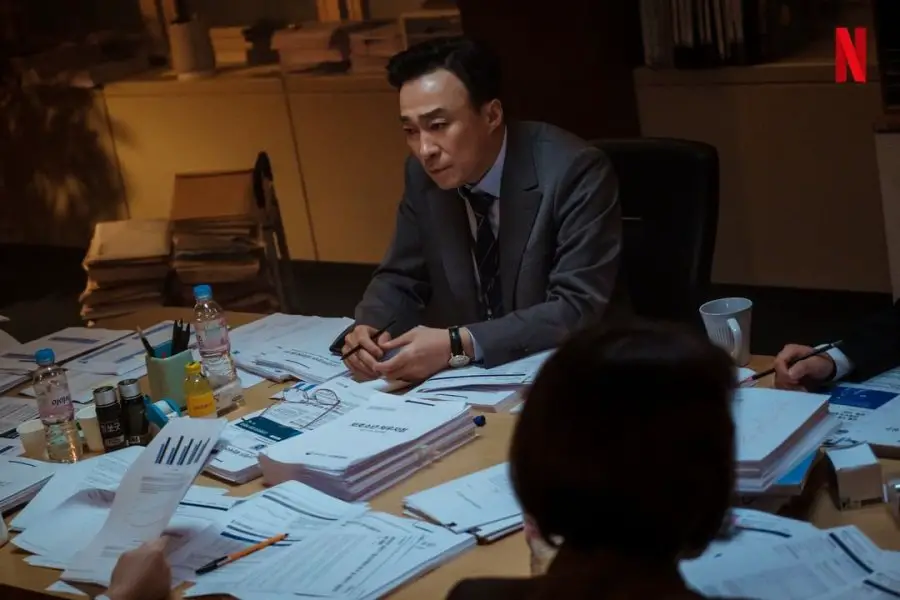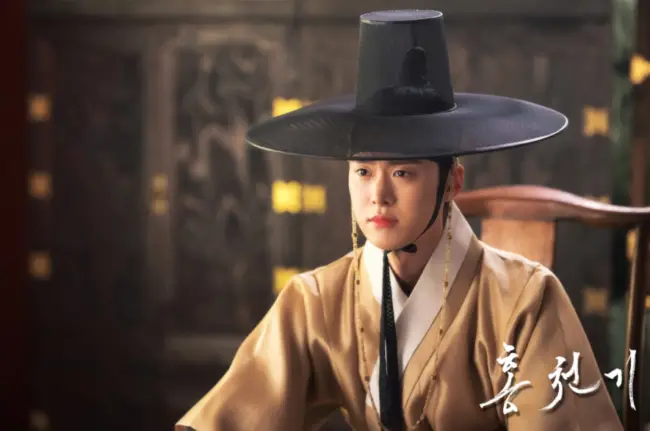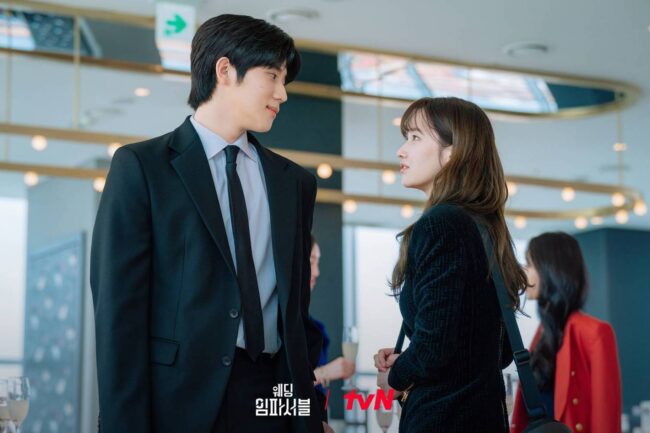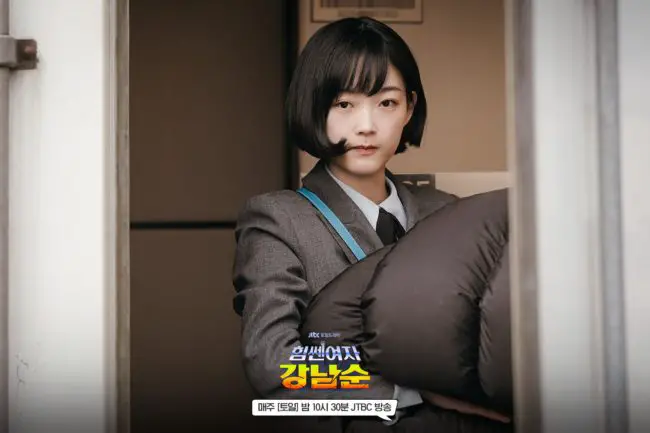Following the girls’ escape from Pureum’s Care Home and the embezzlement case, the next problem that arises in Yeonhwa District’s courtroom brings a surprising turn of events.
Juvenile Justice Episodes 6 and 7 shift to the next case, which involves the leak of exam papers from a prestigious high school by a group called Descartes. Head Judge Kang, who has finally decided to resign to join the National Assembly, was appointed this as his final case. As a result, the Chief Judge asks him if he is involved in any way, particularly with the issue.
Head Judge Kang denies this, only to be caught off guard by his son’s phone call on his way home. Kang Sin-u (Head Judge Kang’s eldest son) was apparently a member of Descartes for a short time.
These episodes also pick up where the previous episode left off, with a man from Eun Seok’s past reappearing.
Nathan Llantos watches Juvenile Justice on Netflix
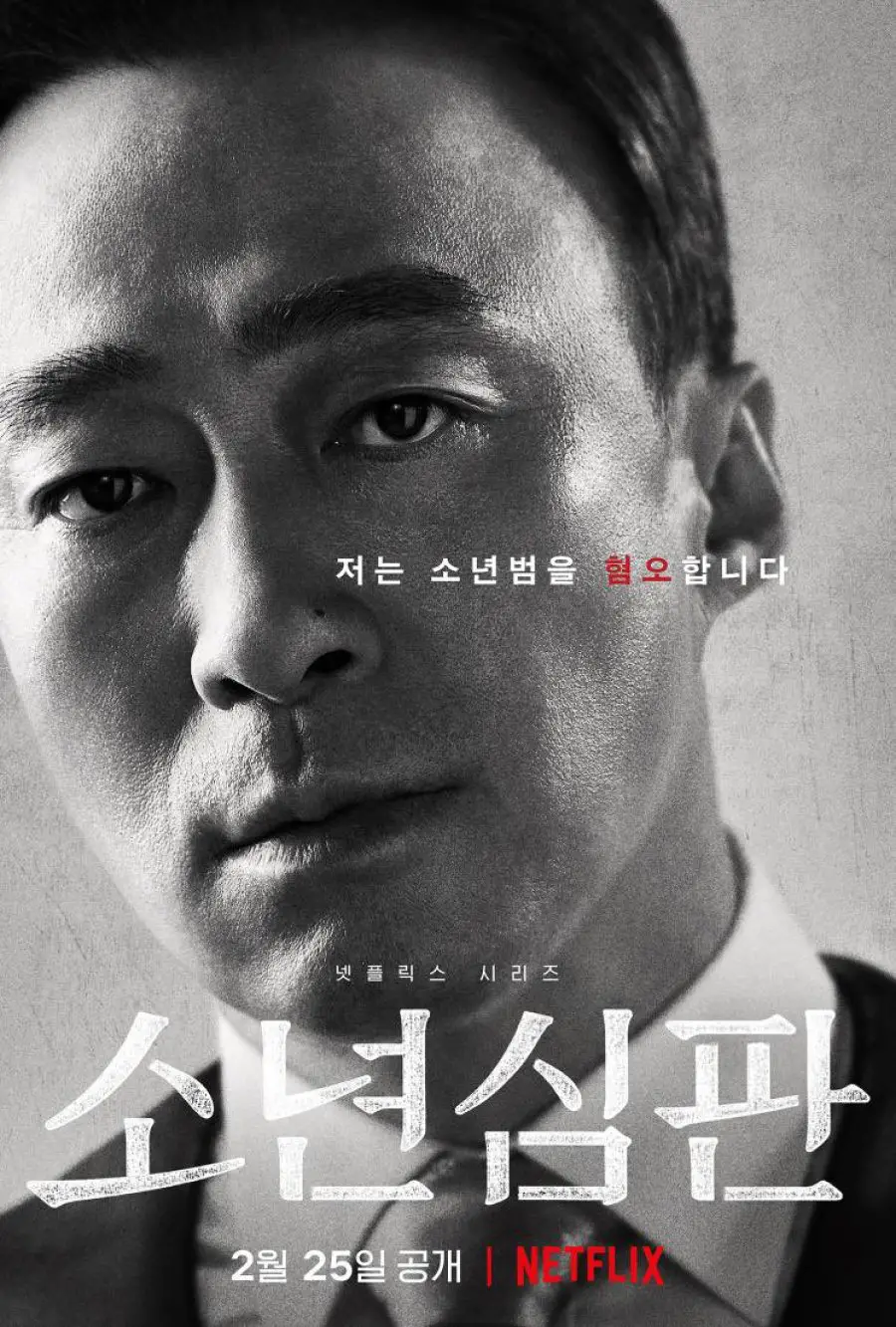
Juvenile Justice Episode 6 & 7 Key Moments
Students from families with privileged backgrounds are embroiled in a scandal that has garnered national attention. Unbeknownst to Head Judge Kang Won Joong, this case is a career-sabotaging secret. His candidacy for the National Assembly is at risk. More importantly, the credibility he has established for more than 20 years as a judge is at stake.
Head Judge Kang storms into his house, enraged at his son Sin-u. He informs his family of the gravity of the situation. Sin-u did not reveal that he was a member of Descartes. The group reportedly leaked exam questions at one of the district’s most influential schools.
This is a major issue because the parents of the students who joined this group are all extremely important people. To make the situation worse, this is the final case Judge Kang takes before resigning. The case has received a lot of attention on national television. As a result, Chief Judge Kang is deeply conflicted.
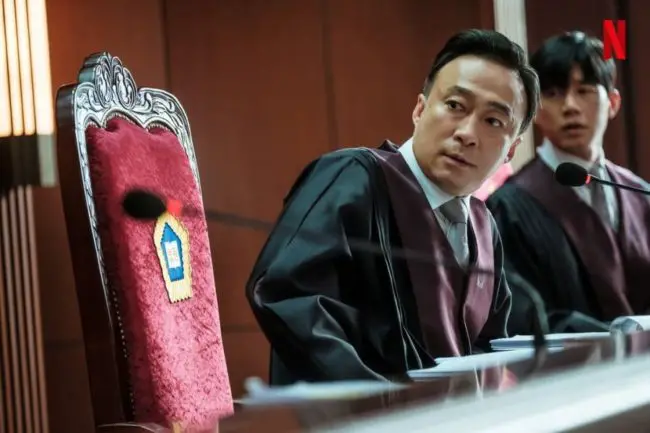
Two Wrongs Do Not Make It Right
This episode shows viewers more about Yeonhwa District Court’s Head Judge. It revealed what he is like as a family man. It was shown that Head Judge Kang has been a negligent parent and even abusive at times.
He badgered his eldest son Sin-u since he was underperforming at school. Moreover, he constantly criticized and reprimanded him and practically forced him to overachieve. For that reason, joining the Descartes group was Sin-u’s only option left.
And one of the rules that the judges strictly comply with is that cases get reassigned if the judge appointed has any links to the case whatsoever. Despite this, Head Judge Kang did not oblige, and he went on with the trial, covering up his son’s involvement as per the advice of the other candidates of the National Assembly.
On the other hand, Sin-u, who does not have the courage to turn himself in, can only walk his way to the police station and jump right in front of a moving car to end his life.
Money Talks Louder Than Words
Because money is more valued than merit, students constantly feel as though they have no alternatives to get good grades—a lot of them are mostly forced to be academic achievers.
The influential schools seemingly do not consider multiple intelligences in the programs and school systems. This also prevents most students from excelling since they conform only to school standards.
However, because Descartes leaked the answers to the test exams, they could pass their subjects. During the trial, even the faculty members claimed that they only took the option that the great majority of people in comparable situations would have made.
Newton’s Third Law
The group is named after the French Philosopher and Mathematician René Descartes. Hence, the group’s system is meant to be the salvation of high-schoolers from the competitive nature of Korean higher education.
However, a large-scale machination such as this was exposed. In fact, they cannot escape the consequences. As said by the late English Mathematician, “For every action, there is an equal and opposite reaction.” Indeed, this not only applies to Physics but can be said about real-life situations as well.
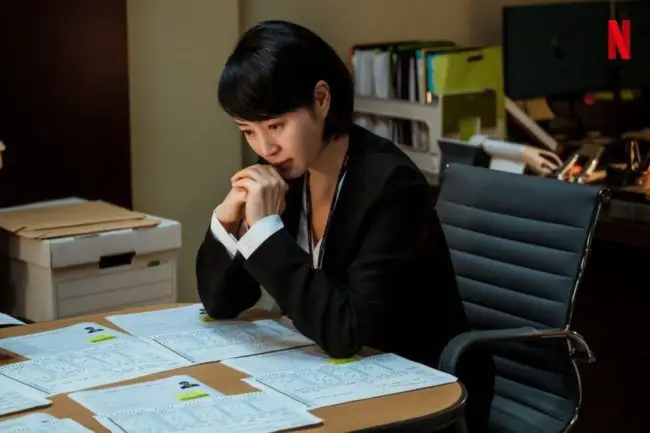
Magnifying Loose Ends
After a thorough review and investigation. Eun-Seok discovers that other students were implicated but not called during the trial. Besides that, it appears that the answers, not the questions, are being leaked to Descartes members.
She figured this out when she noticed that the six top students had identical incorrect, completely irrelevant answers to a simple question. Meaning they all had the answers memorized, and the faculty members of Descartes were not able to give the correct answer to the changed question.
The trial of the Descartes scandal is a catastrophe. Accordingly, Eun Seok knows that if Head Judge Kang has his way, Yeonhwa Court will not be able to objectively and rightfully close this case. In spite of having no proof against him, she is determined to stop Head Judge Kang from rushing the process.
Meanwhile, Head Judge Kang tries his hardest to ignore the controversy’s impact on the student body, particularly the marginalized students. Eun-Seok knows that he will not resign from the case unless she unearths proof of his son’s involvement.
Judge Sim Eun-Seok obtained Sin-u’s confession after he regained consciousness at the hospital. Thus, Head Judge Kang is outraged. Nonetheless, his conscience tells him otherwise since, after all, Eun-Seok is only doing what he used to abide strictly.
On Convictions, Morals & Weaknesses
Additionally, Eun-Seok lectures him about the implications of his position. She discovered Head Judge Kang’s efforts and sacrifices in working on the Juvenile Act over the years. What Eun Seok said struck s chord in Head Judge Kang’s heart. Most especially after hearing her say, ” A man without morals does not keep 22 years’ worth of case journals and looks over the regrets described in them regularly”. This becomes his wake-up call, and he realizes now is the moment for him to follow through on those values.
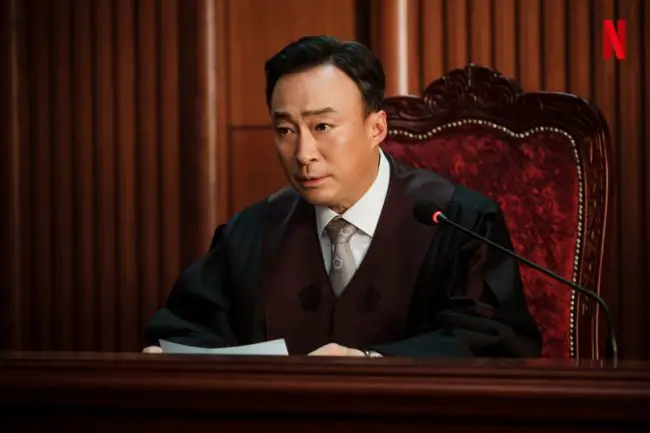
Seed of Change
Head Judge Kang confesses. As a result, his political dreams are shattered, and he is dismissed from Yeonhwa District’s court. Even so, he walked away with his head held high and now a clean conscience.
On his final day, Judge Cha Tae-Ju rushes outside to confront Kang Won Joong. He reveals that Kang was the judge who assisted him when he was under the juvenile protection case and whom he has been searching for all these years.
Kang admitted to Judge Cha that he knew who he was from the moment he started working with him at Yeonhwa District Court. Kang tells Tae-Ju he is proud of the man he has become.
Tae-Ju then ties Kang’s loose shoelace after the heartfelt conversation, just like how Kang used to do for him. As Kang walks to his car, Tae-Ju bows for his mentor and benefactor.
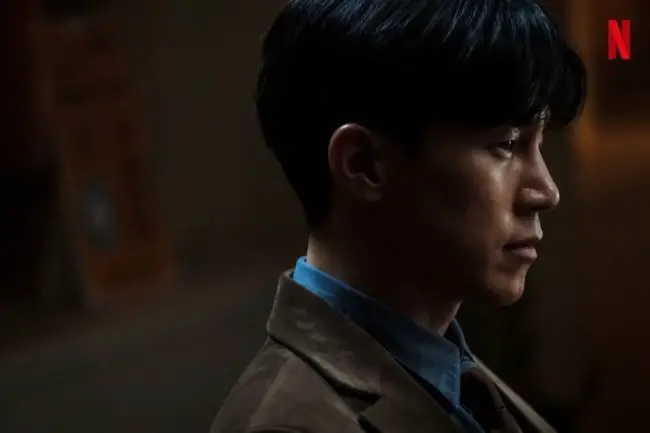
Juvenile Justice Episode 6&7 Series Musings
Juvenile Justice continues to intensify the storyline by exhibiting the richness of the character’s backgrounds and characterizations. Consistently within seven episodes, the series established good impressions and delivered realistic representations of the characters.
It was indeed great to see how Head Judge Kang’s story was laid out. The fictional characters’ humane attributes in the story are one of the series’ strong points. Above all, episodes 6 and 7 demonstrated how the law is the law and nothing, and no one should be above it, to deliver true justice.
Witness the new revelations and the new horrific cases arriving at Yeonhwa District court in the next episodes of Juvenile Justice. All 10 episodes are available for streaming on Netflix.
Photos: Netflix
[wpedon id=”2271″ align=”center”]

